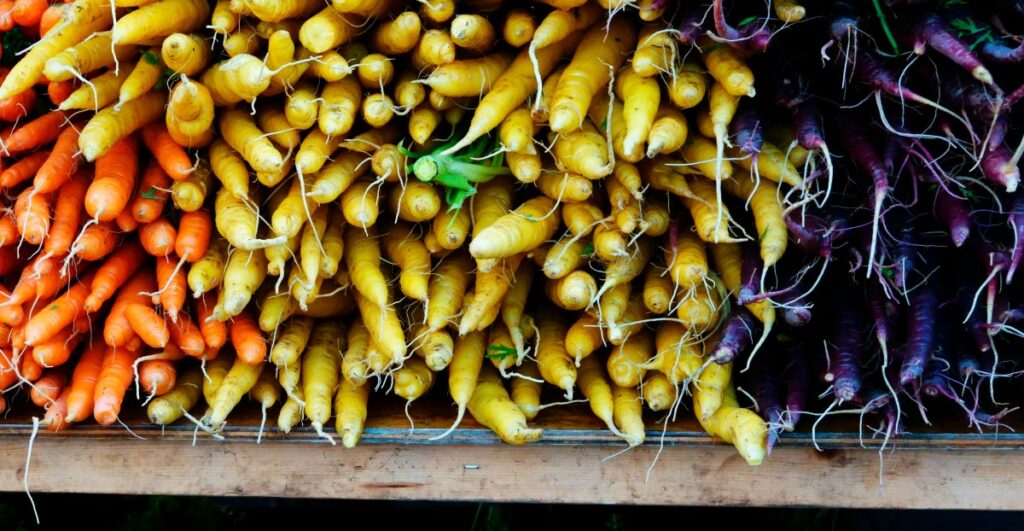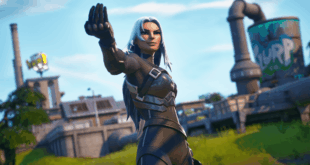
After farmers filed suit, the US Department of Agriculture (USDA) has agreed to restore climate information to webpages it took down soon after President Donald Trump took office this year.
The US Department of Justice filed a letter late last night on behalf of the USDA that says the agency “will restore the climate-change-related web content that was removed post-inauguration, including all USDA webpages and interactive tools” that were named in the plaintiffs’ complaint. It says the work is already “underway” and should be mostly done in about two weeks.
“I’ll be real frank, it feels good to win one, right? Farmers have been so put upon by the actions of this administration that, you know, it feels good to be able to say, we have something for you. This is back. You can rely on these resources,” says Marcie Craig, executive director of the Northeast Organic Farming Association of New York. “We’re ecstatic.”
One of the resources removed by the USDA is an online tool called the “Climate Risk Viewer” that showed the impacts of climate change on rivers and water sheds, and how that might affect water supplies in the future.
“We’re really glad that USDA recognized that this blatantly unlawful purge is harming farmers and researchers and advocates all across the country, and we’re ready to ensure that USDA follows through on this promise,” Jeffrey Stein, an associate attorney with the nonprofit legal organization Earthjustice that represented the plaintiffs, tells The Verge.
The initial complaint accused the USDA of violating the Freedom of Information Act (FOIA) that gives the public the right to access key records from any federal agency, the Paperwork Reduction Act that stipulates adequate notice before changing access to information, and the Administrative Procedure Act that governs the way federal agencies develop regulations.
“This has been one of so many cuts. You know, pain by a thousand cuts,” Craig says. “This [legal victory] was good … then, of course, after the initial feeling, you sit back, you take a breath, and you say, ‘and we still have a whole lot of work to do.’”
 Latest World Breaking News Online News Portal
Latest World Breaking News Online News Portal






